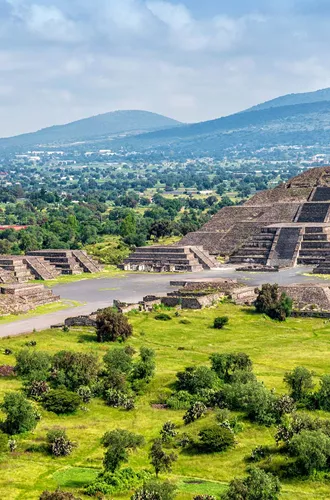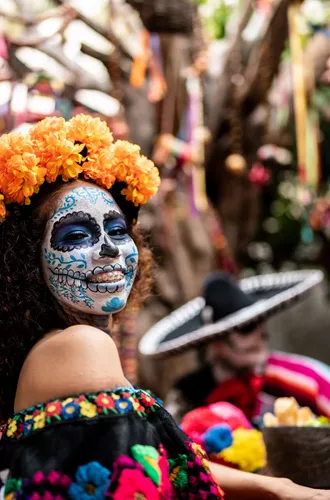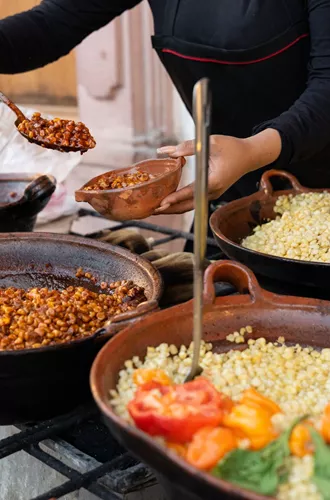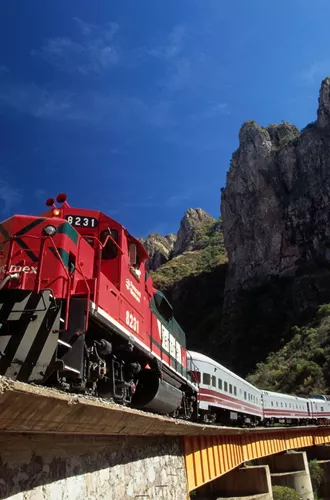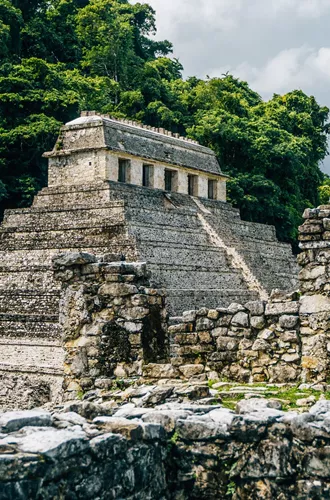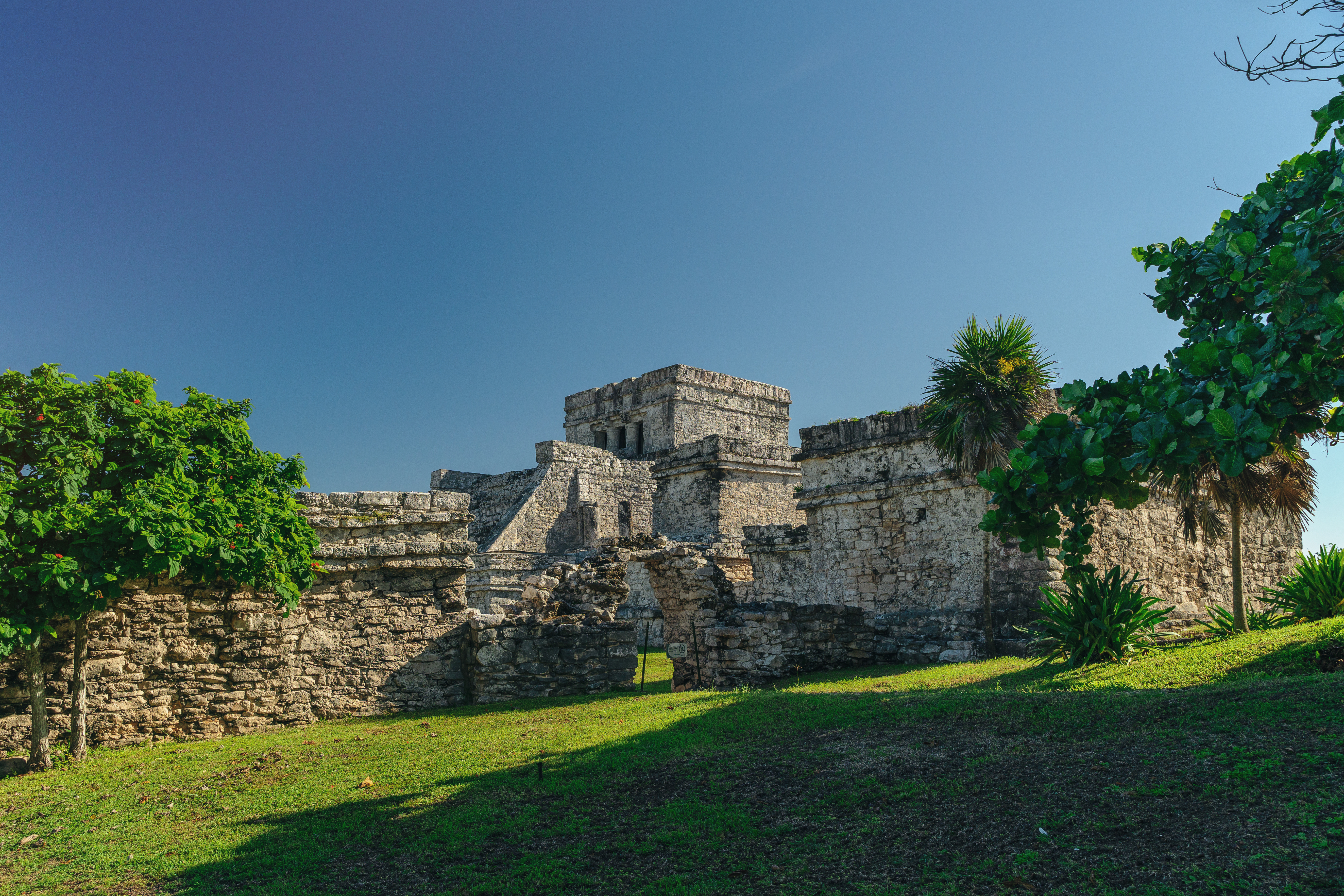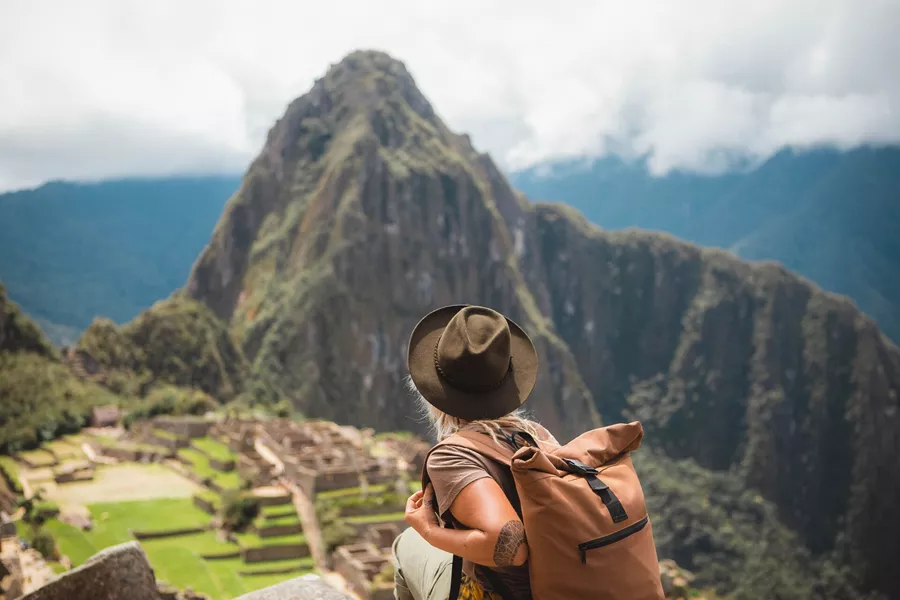Country Code for Mexico: +52
Official Travel advice visit:
Mexico Travel Advice & Safety | Smartraveller (Australia)
Safe Travel NZ | Mexico (New Zealand)
Emergency Services, Ambulance, Fire and Police: 911
Australian Embassy, Mexico City
Ruben Dario #55
Corner of Campos Eliseos, Polanco
Colonia Bosque de Chapultepec
11580 CDMX Mexico
Phone: +52 55 1101 2200
Email: consularpassports.mexico@dfat.gov.au
Australian Consulate, Cancún
EDIFICIO GRUPO VIVO
Calle Luciernaga esquina con Avenida Politécnico
Región 501, Manzana 13, Lote 7
Cancún, Quintana Roo
C.P. 77535, México
Email: aushonconcun@gmail.com (for routine appointments)
Phone: +52 9982 061775 (for emergency appointments. Monday to Friday from 9am to 5pm)
New Zealand Embassy Mexico City, Mexico
Jaime Balmes No 8, 4th Floor, Los Morales, Polanco, Mexico D.F. 11510
Telephone: +52 55 5283 9460
Email: nzmexico@mfat.govt.nz


